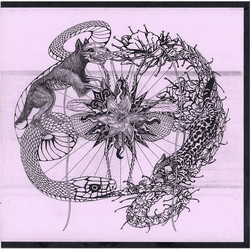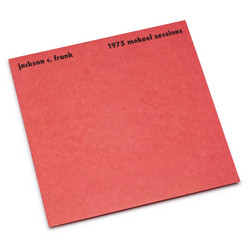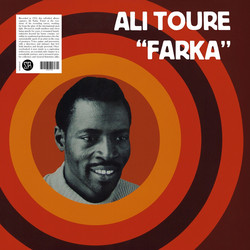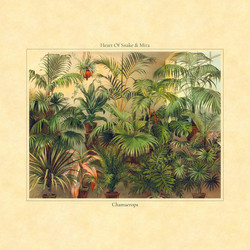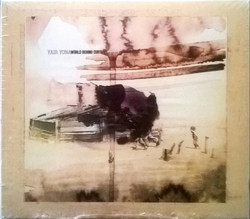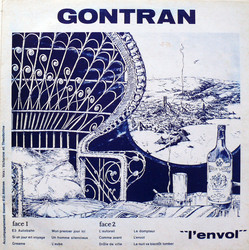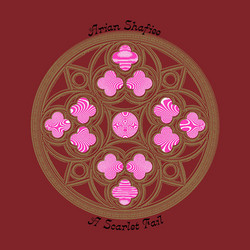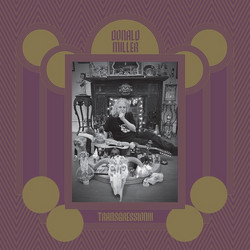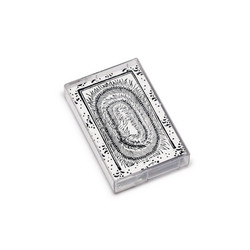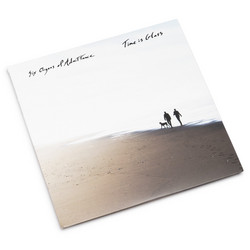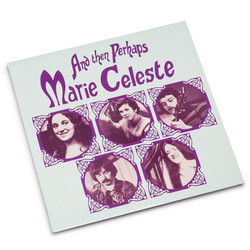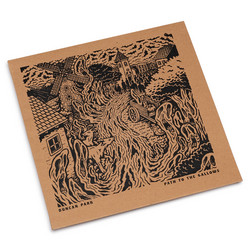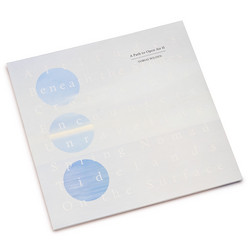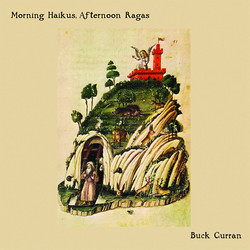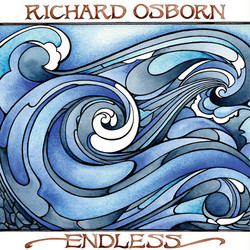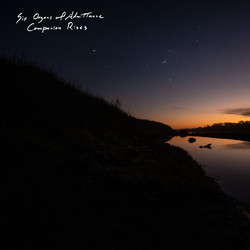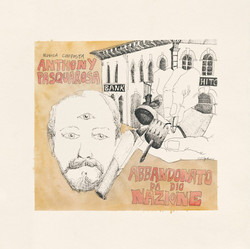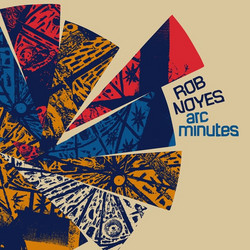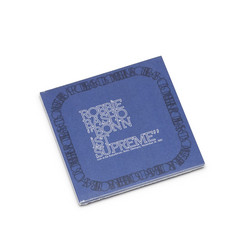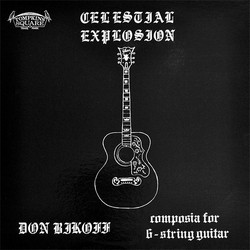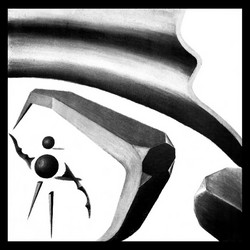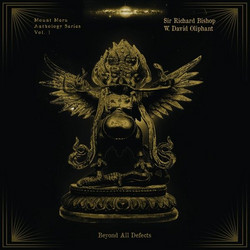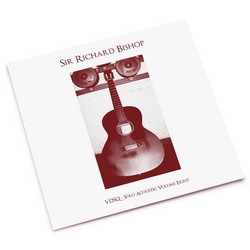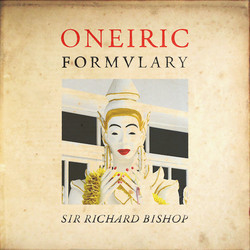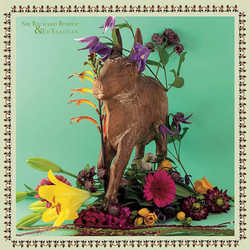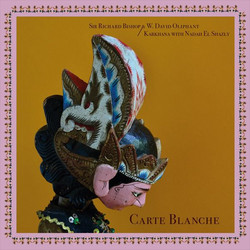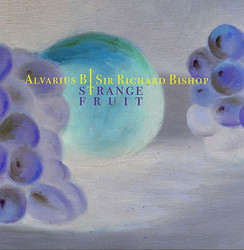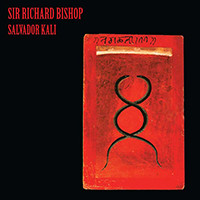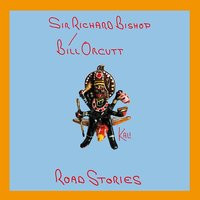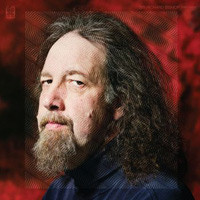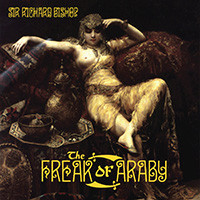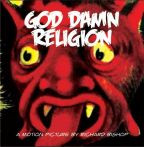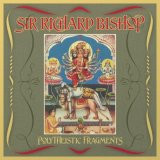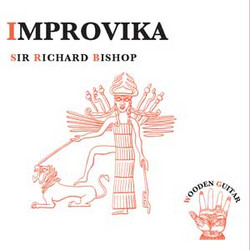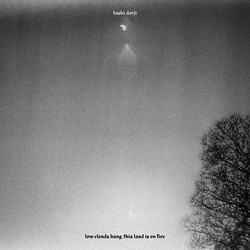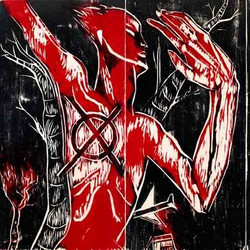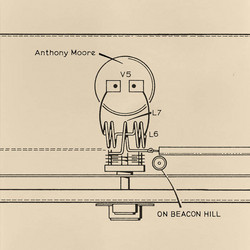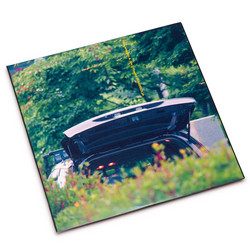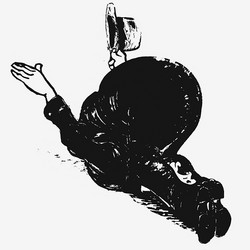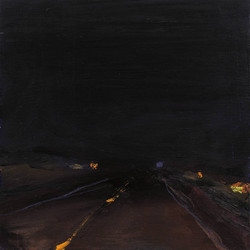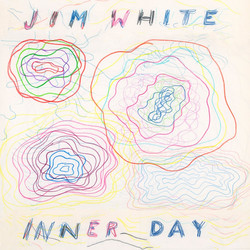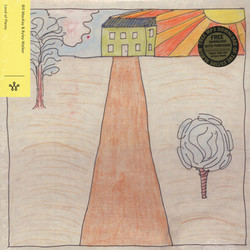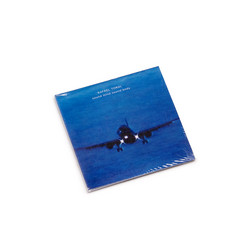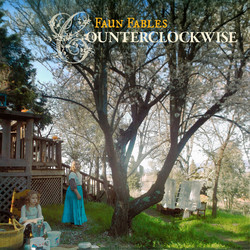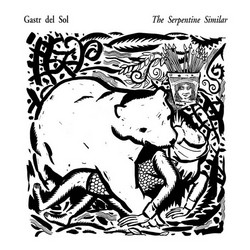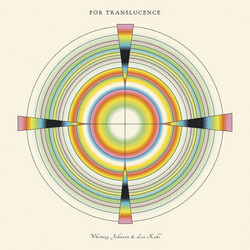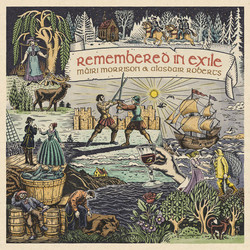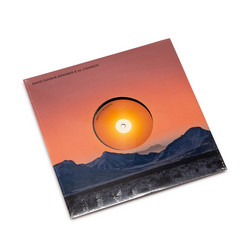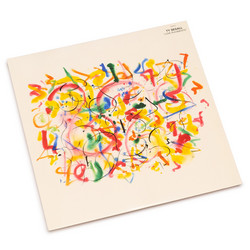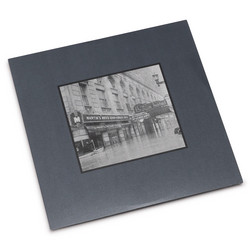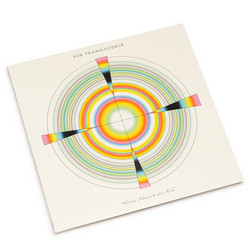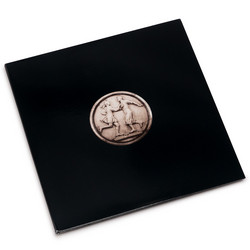Our fave shaman of the six-string is back. Waving his axe of choice, Sir Richard Bishop once again summons forth damnable truth and beauty on an all-new musical kamikaze run through histories both written and—as of yet—not commonly known. Since the dying days of the 20th century, the composer/player of spirited polytheistic guitar recitals including Salvador Kali, Improvika, The Freak of Araby, Tangier Sessions, and most recently, Oneiric Formulary has worked feverishly to wrench and wrangle all the music that has and can possibly fall out of the guitar from east to west across this great, totally fucked world of ours. With Hillbilly Ragas, Sir Rick stretches his callused hands across the waters to draw diverse musics back to his shack with the gladitorial bloodthirst and balance of gravitas and jocosity we expect from him in every hot little moment of play. But there’s more to be said than these merely glib rantings as to what happens when traditional music heads for the hillbillys. We asked the man himself to chime in. Open the door, Richard!
“There were a few different approaches I utilized for this release. First and foremost, I wanted to go back to basics, to strip away any excesses and keep it as simple as possible: one man, one acoustic guitar, no overdubs, no effects, no electricity. Taking several cues from the sounds most often associated with the so-called American Primitive guitar style, I wanted to avoid any traditional approaches and instead try something more raw and aggressive, concentrating more on rhythm and movement as opposed to anything predictable or overly melodic, while also keeping my particular interpretive ideas about East Indian Raga in the mix.
I've always felt that the majority of what is considered to be American Primitive music, while certainly based on historical American musical traditions, never really had any sounds that I personally thought of as being primitive—it always seemed too orderly, too developed, and too safe. Way too safe. I found that playing with a sort of reckless abandon was the best way to remain outside of the usual musical language found in this genre of music, while still being able to establish itself within its framework, through determination and force if nothing else. It's a much more savage approach, which I believe is how it should have been all along, in order to at least give proper credence to the semantics of the form. During the recording process I was envisioning an undiscovered mountain man or "hillbilly" who had remained hidden in his own private backwoods; one who never learned, or even heard about, any traditional musical canon that he was expected to work within. So what we have here with Hillbilly Ragas are nine pieces for solo acoustic guitar, each one representing a different excursion into the dark woods—the untamed explorations of a musical loner, an outsider, maybe even an undesirable, embodying a peculiar folklore and turning it into sound—creating his own folk music in the process. He's still out there, fueled by moonshine, his supernatural surroundings, and a fuck-all attitude!” - Richard Bishop
